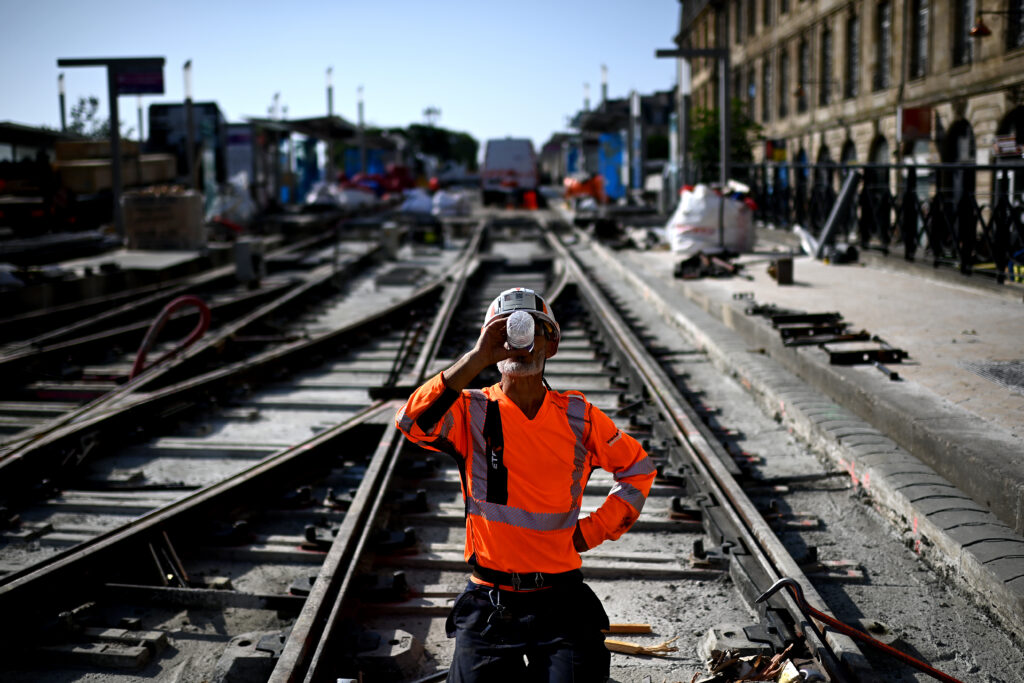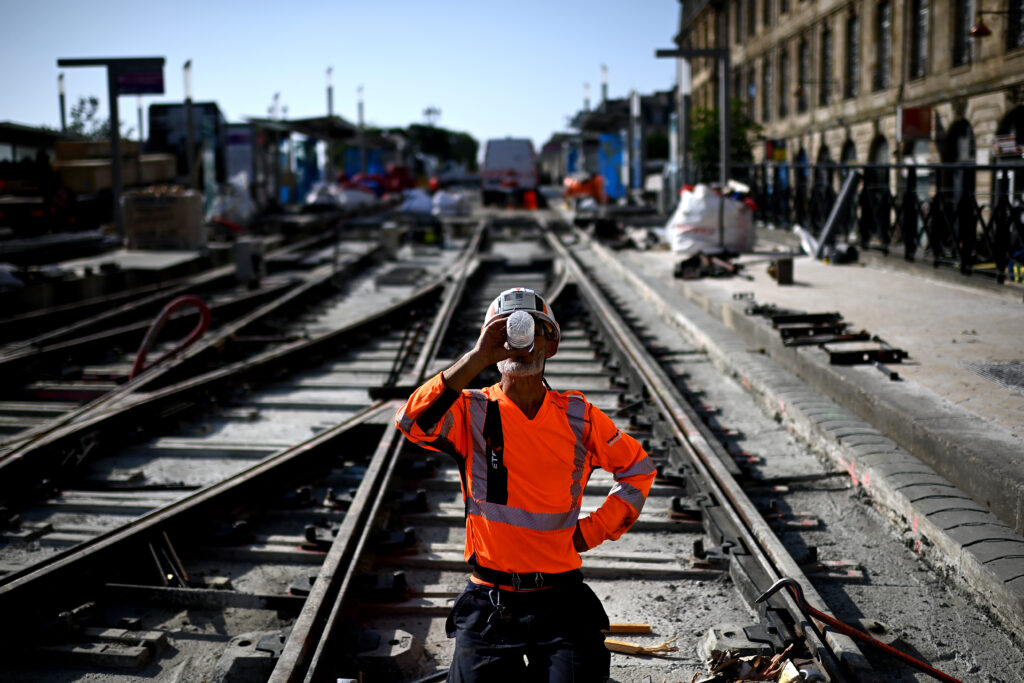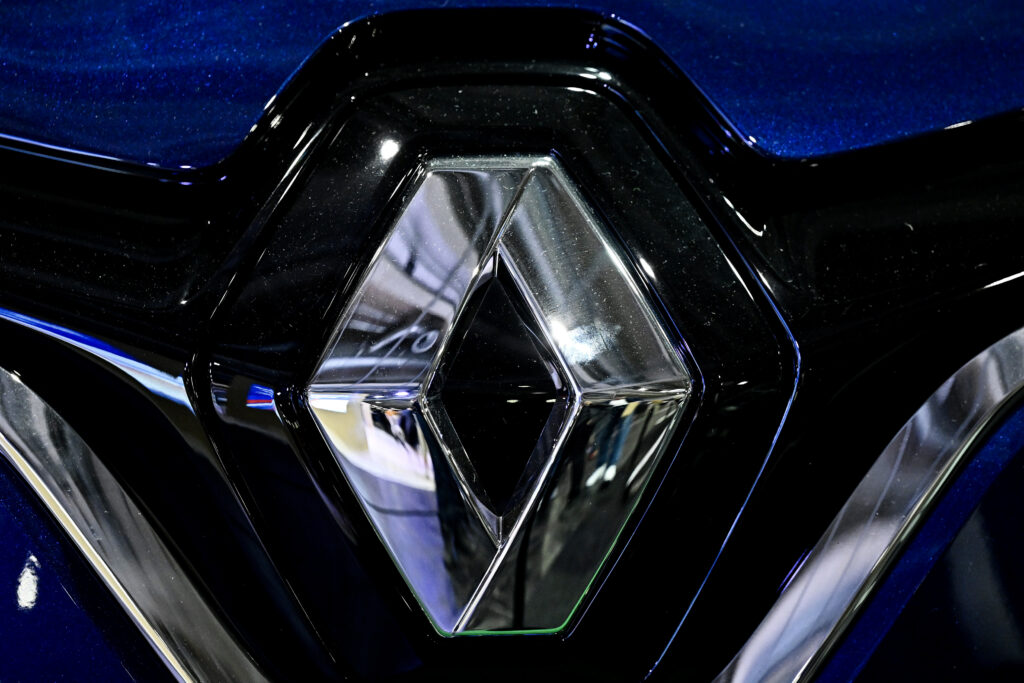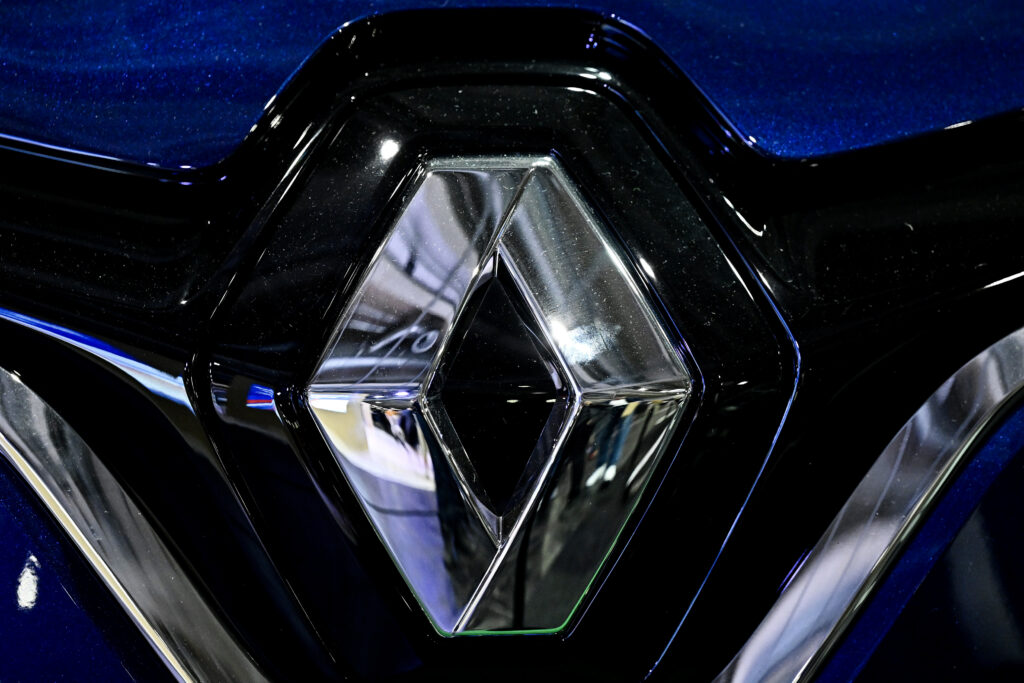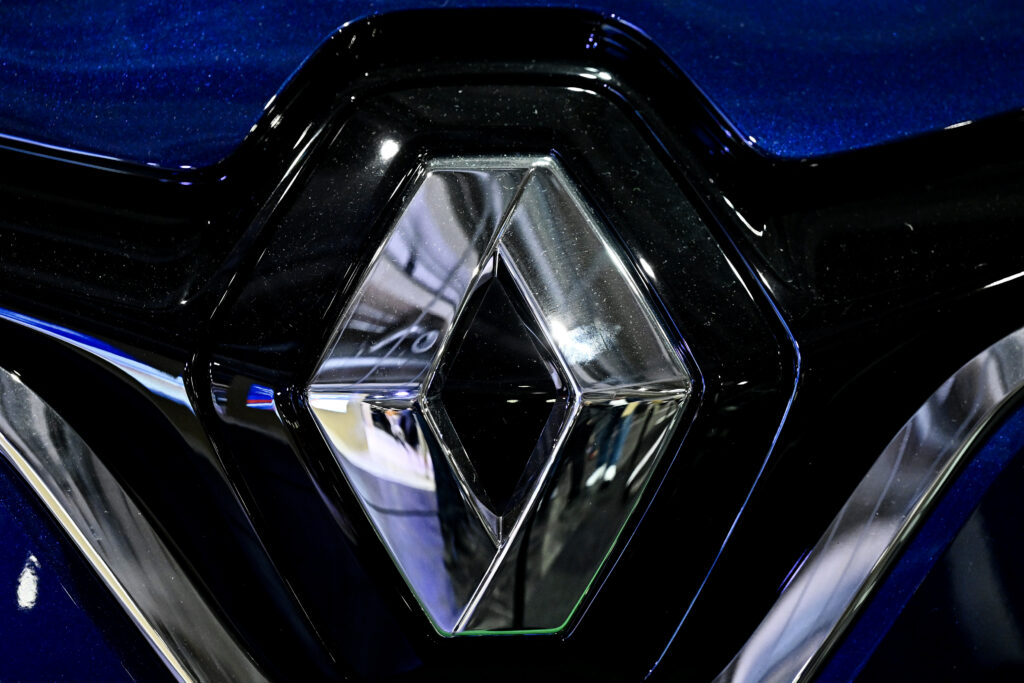Wimbledon: Sinner sans souci, Pegula et Musetti au tapis
Le N.1 mondial Jannik Sinner, jamais sacré à Wimbledon, a réussi mardi son entrée en lice sur le gazon londonien, au contraire de son compatriote italien Lorenzo Musetti, demi-finaliste l’an dernier, éliminé tout comme Jessica Pegula chez les femmes.Le septuple lauréat Novak Djokovic, à 38 ans, s’apprête lui à lancer sa quête d’un 25e titre en Grand Chelem en fin d’après-midi contre le Français Alexandre Müller.Il y aura peut-être davantage de suspense sur le Central qu’il n’y en a eu sur le court N.1, où Sinner n’a fait ni dans le détail, ni dans la durée (1h48) pour éliminer son compatriote Luca Nardi (95e joueur mondial).Le triple lauréat en Grand Chelem a lâché seulement sept jeux, et aucun dans un dernier set expédié en 23 minutes chrono (6-4, 6-3, 6-0).”J’ai senti que je servais vraiment bien. Au début nous avions un peu de mal tous les deux, mais je suis content de la manière dont j’ai terminé ce match”, a commenté l’Italien de 23 ans.L’incroyable finale perdue contre son grand rival Carlos Alcaraz à Roland-Garros, en cinq sets et malgré trois balles de match en sa faveur, est déjà derrière lui. “C’est un nouveau tournoi, un nouveau défi”, s’est projeté l’actuel patron du circuit ATP.- Pegula sèchement sortie -Le N.7 mondial Lorenzo Musetti n’a lui pas survécu à son premier match de la saison sur gazon, éliminé en quatre manches par le qualifié géorgien Nikoloz Basilashvili, ex-membre du top 20 retombé au 126e rang mondial.”Normalement je sais comment me déplacer, mais aujourd’hui c’était comme si je n’avais jamais joué sur cette surface”, a réagi le demi-finaliste 2024, de retour d’une blessure à la jambe gauche. “Une performance vraiment mauvaise, je dirais.”L’Italien de 23 ans retrouvait la compétition pour la première fois depuis son abandon en demi-finale de Roland-Garros contre Alcaraz.Médaillé de bronze des Jeux olympiques de Paris, Musetti est déjà le troisième membre du top 10 à prendre la porte à Wimbledon, après le Danois Holger Rune (8e) et le Russe Daniil Medvedev (9e) lundi en ouverture du tournoi.Dans le tournoi féminin, il y a eu une première victime au sein du top 5 mondial en la personne de Jessica Pegula (3e), balayée en deux sets (6-2, 6-3) par l’Italienne Elisabetta Cocciaretto (116e).L’Américaine de 31 ans a subi une défaite surprise et expéditive en 58 minutes, trois jours après avoir remporté le tournoi allemand de Bad Homburg (WTA 500), également sur gazon.”Est-ce que je pense avoir joué le meilleur match de ma carrière? Non, mais je ne pense vraiment pas avoir mal joué. Son tennis était juste incroyable, (…) c’était son jour”, a réagi Pegula.Avec des joueuses comme Pegula, “vous devez saisir les petites opportunités qui se présentent à vous. J’ai essayé d’être plus agressive, de jouer ma chance à fond, de ne pas penser à gagner ou perdre le point, juste faire de mon mieux”, a commenté Cocciaretto, 24 ans.Ex-membre du top 30, l’Italienne affrontera au deuxième tour l’Américaine Katie Volynets, tombeuse mardi de la récente lauréate du Queen’s, l’Allemande Tatjana Maria.


